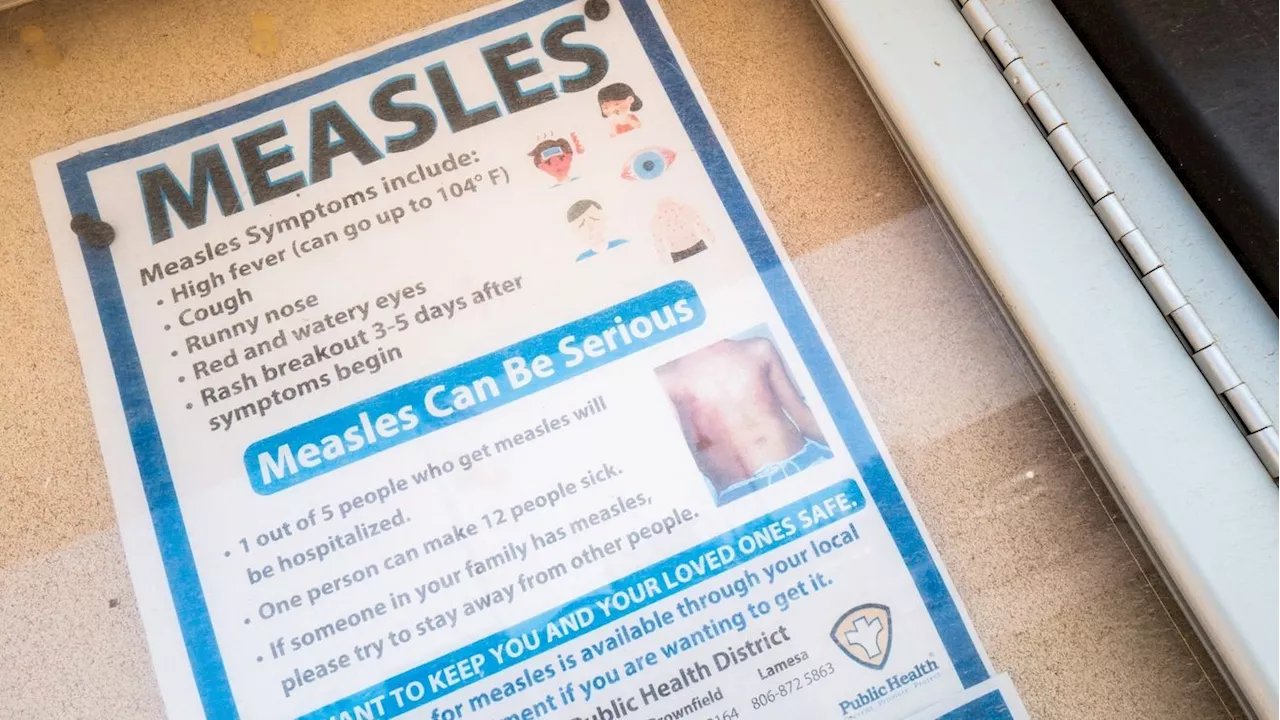BREAKING: A groundbreaking meta-analysis has been released, revealing that adults hospitalized due to infections face a drastically increased risk of developing dementia. This urgent study, led by Wei Yu Chua from the National University of Singapore, highlights the critical need for awareness of the long-term neurological consequences of hospital-acquired infections.
The analysis, published earlier today, confirms that individuals admitted to hospitals for infections are not just battling immediate health crises but are also significantly more likely to suffer from cognitive decline later in life. This alarming connection underscores the importance of infection control measures in healthcare settings.
Researchers found that the risk of dementia among hospitalized patients with infections surged by over 40%, emphasizing a pressing public health concern. The study’s corresponding author, Eng-King Tan, from the National Neuroscience Institute and Duke-NUS Medical School, stated, “These findings highlight an urgent need for healthcare systems to prioritize infection prevention strategies to protect vulnerable populations.”
This study analyzed data from multiple countries, offering a comprehensive view of the impact of infections on cognitive health. The implications are significant, particularly as hospitals worldwide continue to grapple with infection rates exacerbated by the ongoing challenges of the COVID-19 pandemic.
As the healthcare community processes these findings, attention is now shifting towards preventive measures. Experts are calling for enhanced protocols in hospitals to reduce infection rates, which could ultimately safeguard against the long-term risk of dementia.
What’s next? Hospitals and policymakers must act swiftly to implement robust infection control strategies. Continued research will also be vital to explore the mechanisms behind this alarming link and identify effective interventions.
This urgent study serves as a critical reminder of the unseen consequences of infections, urging healthcare providers and the public alike to take infection prevention seriously. As the situation develops, more insights will emerge, shaping future policies aimed at protecting our aging populations.
Stay tuned for updates on this evolving story as researchers and healthcare professionals work to address this pressing issue.







